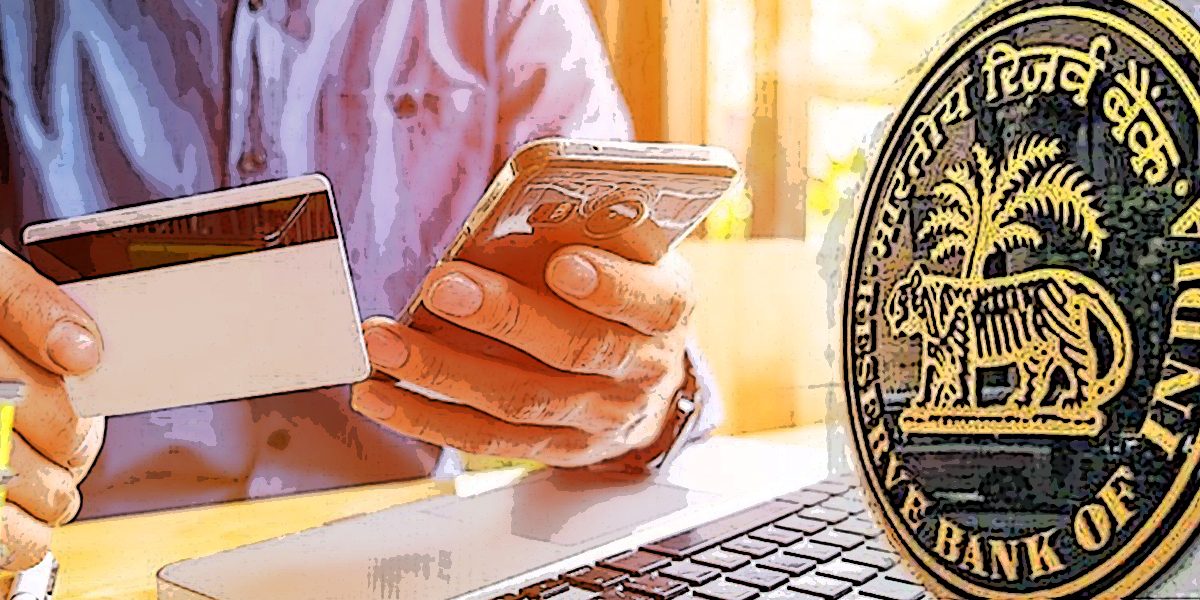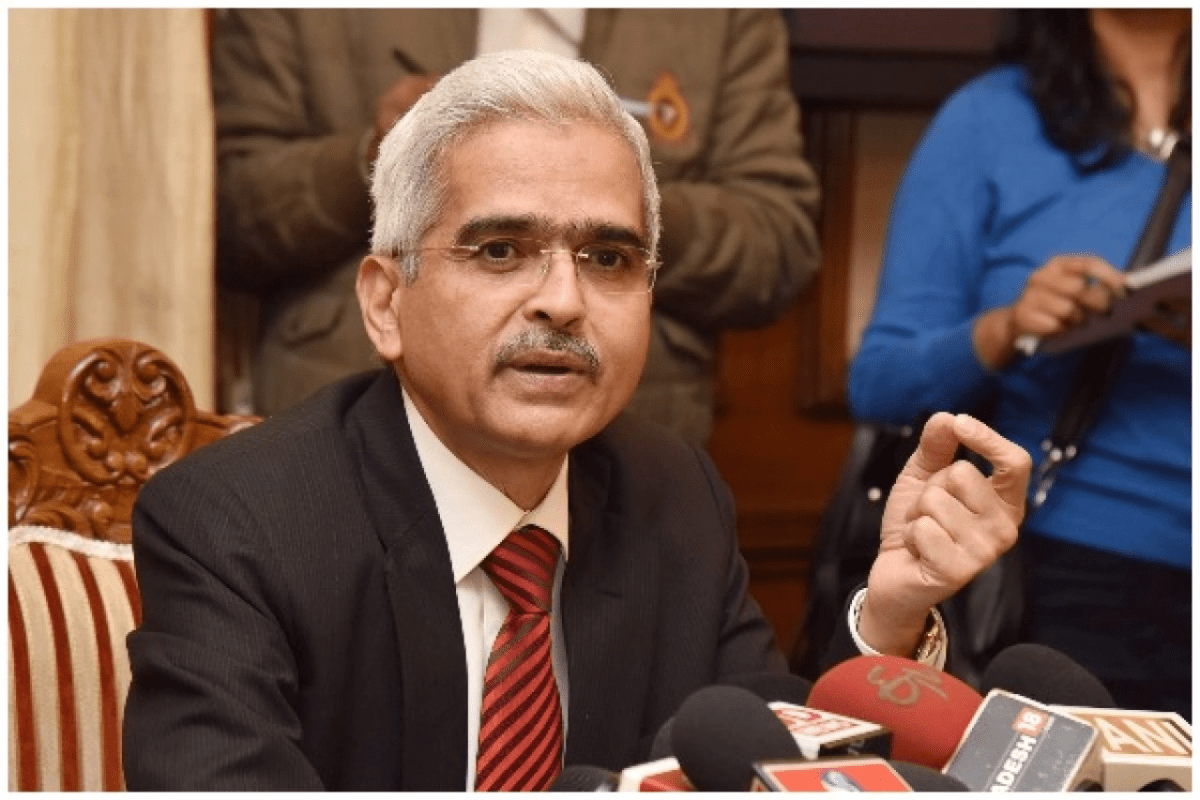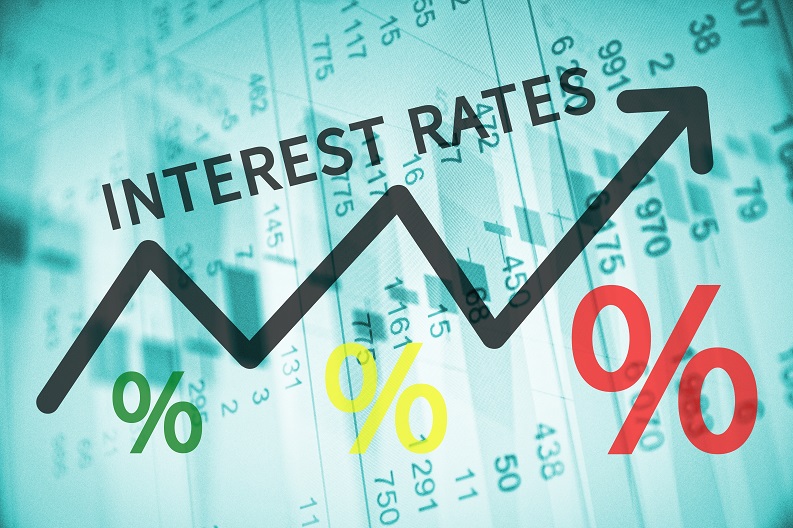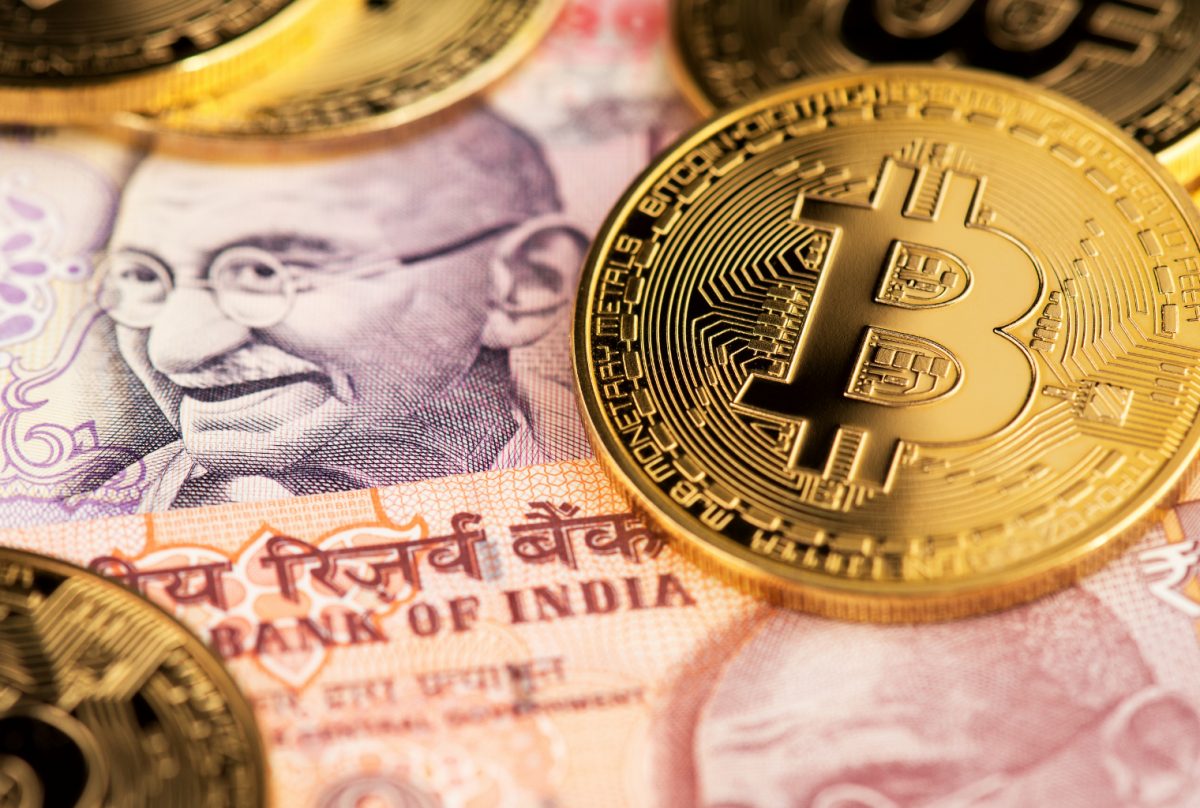While the deadly pandemic COVID 19 has bruised the Indian economy, the Government of India is trying its level best to contain the spread and stand up to help the citizens at such tumultuous times. Amid the nationwide lockdown, the RBI has announced on Friday allowing banks and NBFCs to provide RBI moratorium of three months for all the borrowers of term loans. This comes as a relief to the borrowers who had been long expecting and worrying about their financial liquidity.
The term RBI moratorium is a legal suspension or delay of an act by law. The EMI moratorium will not hamper the credit scores of any of the borrowers as dictated by the RBI. However, this announcement has left many borrowers perplexed regarding the payment of EMI and the clearance of credit dues. There are certain questions that need to be addressed first for resolving the confusion before getting to the answer to the question if you should avail of this RBI moratorium benefit or not.
Is It Mandatory to Pay Emi Next Month?

EMI need not be paid for the next month. The EMI payment next month in the month of March to 31st May is up to the borrower. However, RBI has permitted the banks to allow moratorium for three months. The implementation of the moratorium by individual banks will decide if the option to avail it is automatic or manual.
The banks will develop their own regimen and delay EMI s on request followed by the approval of the boards. Clarifications are yet to be offered in this regard by the individual banks. The RBI has placed the onus on the banks to decide upon the terms of the RBI moratorium which can make things fairly complex.

Regarding who all can offer moratorium, the Reserve Bank Of India has permitted all the financial institutions, non-banking finance companies, small finance banks, regional rural banks, and local area banks to offer moratorium. Simply speaking, all the banks under RBI are permitted to offer moratorium relief to the borrowers. The term loans will include not only housing loans, education loans, and other retail loans but also consumer durable loans for those with outstanding credit card dues. All PSU banks will now offer moratorium.
Last week, @RBI announced a three-month moratorium on all term loans outstanding as on March 1, 2020, as well as on working capital facilities.
The Indian Banks Association has answered a list of Frequently Asked Questions about the technicalities of the moratorium. (1/4) pic.twitter.com/ASvjT1dBpj— Ministry of Finance ?? #StayHome #StaySafe (@FinMinIndia) April 1, 2020
The three months covered under moratorium are March, April, and May. However, for the first month you could have already paid off the EMI, which results in 2 months gain for you and not 3. In no way does the use of this opportunity impact your credit score, and you don’t need to worry about your future borrowings.
Now it is time to answer the most baffling question.
Will the Moratorium Cause an Interest Waiver?
The Reserve Bank of India has clarified that there is no concession offered or any waiver of EMI or interest. It is just a deferment of payment to be made after May. It is also clarified that the repayment schedule will shift by a period of three months and there will not be any change in the terms and conditions of the loan. The interest will continue to accrue.
Should You Avail Rbi Moratorium?
The RBI moratorium benefits you if you are a salaried person who does not have a regular cash flow or facing salary cuts. For those borrowers who have a consistent flow of income including the salaried citizens need not avail RBI moratorium benefits. The EMI holiday is just a holiday or a relief to postpone your EMIs and not a waiver. You will still be liable to pay the unpaid EMIs with added interest.
Simply stated, the interest will keep accruing on the borrowed amount. The same thing was also clarified by the RBI circular. For those having liquidity issues or salary cuts, the moratorium will prove to be ample relief. Some may argue that this is not a relief just an option. However, it may not sound true as the benefit is subjective depending on your financial budget for the months.
While this is a benefit provided by the RBI, if you have sufficient cash inflow, it is better to get clear of your credit card dues. Avail RBI moratorium benefits only when you have a severe financial problem due to COVID 19.



